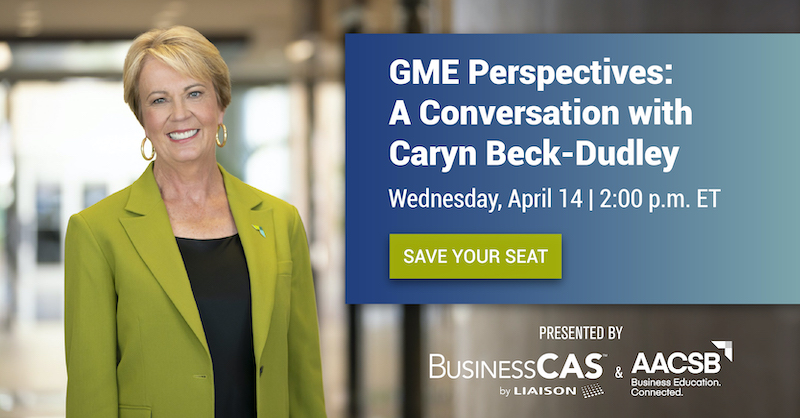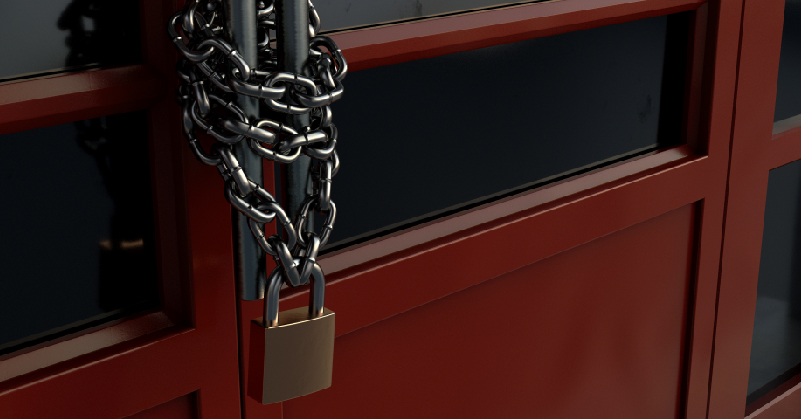At least 68 colleges and universities have vanished since 2016
By one estimate, no fewer than 68 public and private nonprofit institutions were either closed, merged, acquired or consolidated since 2016. “Pressure to lower tuition, stagnating state funding and a shrinking pool of high school graduates have strained many institutions’ bottom lines and questioned their long-term viability. Those pressures have caused some to close. For many still in operation, the Coronavirus pandemic and its economic impact is adding a host of uncertainties to already tight operations.” The list does not include for-profit colleges “due to their differences in scale from private nonprofit and public institutions as well as the sometimes fragmented nature of their closings.” Massachusetts has the dubious distinction of being home to the largest number of college closures (12) since 2016, including 237-year-old Becker College, which announced its closure on March 29.
Source: Higher Ed Dive
Enrollment declined among students from underserved high schools at more than double the rate of higher-income students
College enrollment fell 6.8% in Fall 2020, with student populations from high schools in underserved communities experiencing the largest decline. “The pandemic disproportionately affected graduates of low income, high poverty and high minority high schools, with their enrollments dropping more steeply than their more advantaged counterparts. For instance, enrollment declines are 2.3 times steeper for low-income high schools compared to higher income schools.” Enrollment of students from low-income schools fell 10.7% whereas enrollment higher-income graduates of dropped 4.6%. Enrollment rates from so-called “high minority” schools were down 9.4%; they declined 4.8% for graduates of “low minority” high schools.
Source: National Student Clearinghouse

Rutgers University is the first school to require students to be vaccinated
Students who enroll in Rutgers University for the upcoming fall semester will be required to receive a COVID-19 vaccination. Employees will be strongly encouraged, but not required, to get vaccinated. Rutgers is now the first institution known to have mandated the vaccine for students. “Whether colleges can require the vaccine is new legal territory. The U.S. Food and Drug Administration has approved three vaccines under an emergency use authorization (EUA), which is more limited than a full approval. Rutgers confirmed it would require the vaccine under EUA. The federal statute authorizing the FDA to issue EUAs suggests that vaccines with them cannot be mandated, meaning such a requirement could spur a legal challenge.”
Source: Higher Ed Dive
Roughly half of faculty members feel better about remote learning compared with last March
Fifty-one percent of faculty members surveyed as part of a 1,000 college study said they now feel “more positive” about remote learning than they did one year ago. A comparable number said they believe that the new ways of instructing students are here to stay. “In fact, when asked about the likelihood that they will maintain or boost the use of digital materials, an overwhelming 81% of colleges and universities said yes. That number prior to the pandemic hovered around 25%.” Most faculty members said they are happy about how well new technologies have worked (78%), their communications with students (76%) and how well students have learned (68%) during the shift to digital learning.
Source: University Business
